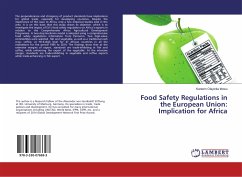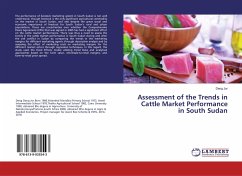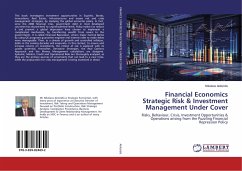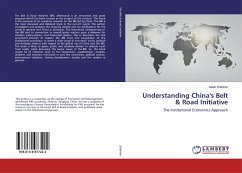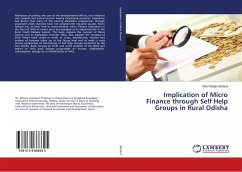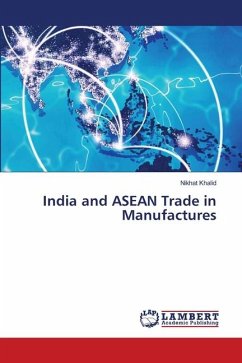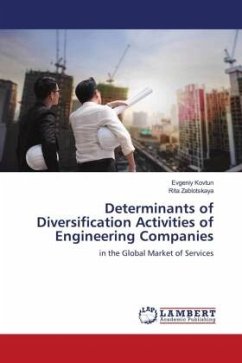The preponderance and stringency of product standards have implications for global trade, especially for developing countries. Despite the importance of this issue to Africa, only a few empirical studies exist in the area. It is on this basis that this study draws its objective, which is to investigate the impact of EU's food safety regulations on Africa's exports in relation to the Comprehensive Africa Agricultural Development Programme. A two-step Heckman model is adopted using a comprehensive food safety regulations information from Perinorm. Two high-value commodities were selected, fish and vegetable, as well as a traditional cash crop, coffee, at HS-6-digit level for 47 African countries in all the estimations for the period 1995 to 2014. The findings show that at the extensive margins of export, standards are trade-inhibiting in fish and coffee, while enhancing the export of the vegetable. At the intensive margin, standards are trade-inhibiting in vegetable and coffee exports while trade-enhancing in fish export.
Bitte wählen Sie Ihr Anliegen aus.
Rechnungen
Retourenschein anfordern
Bestellstatus
Storno

